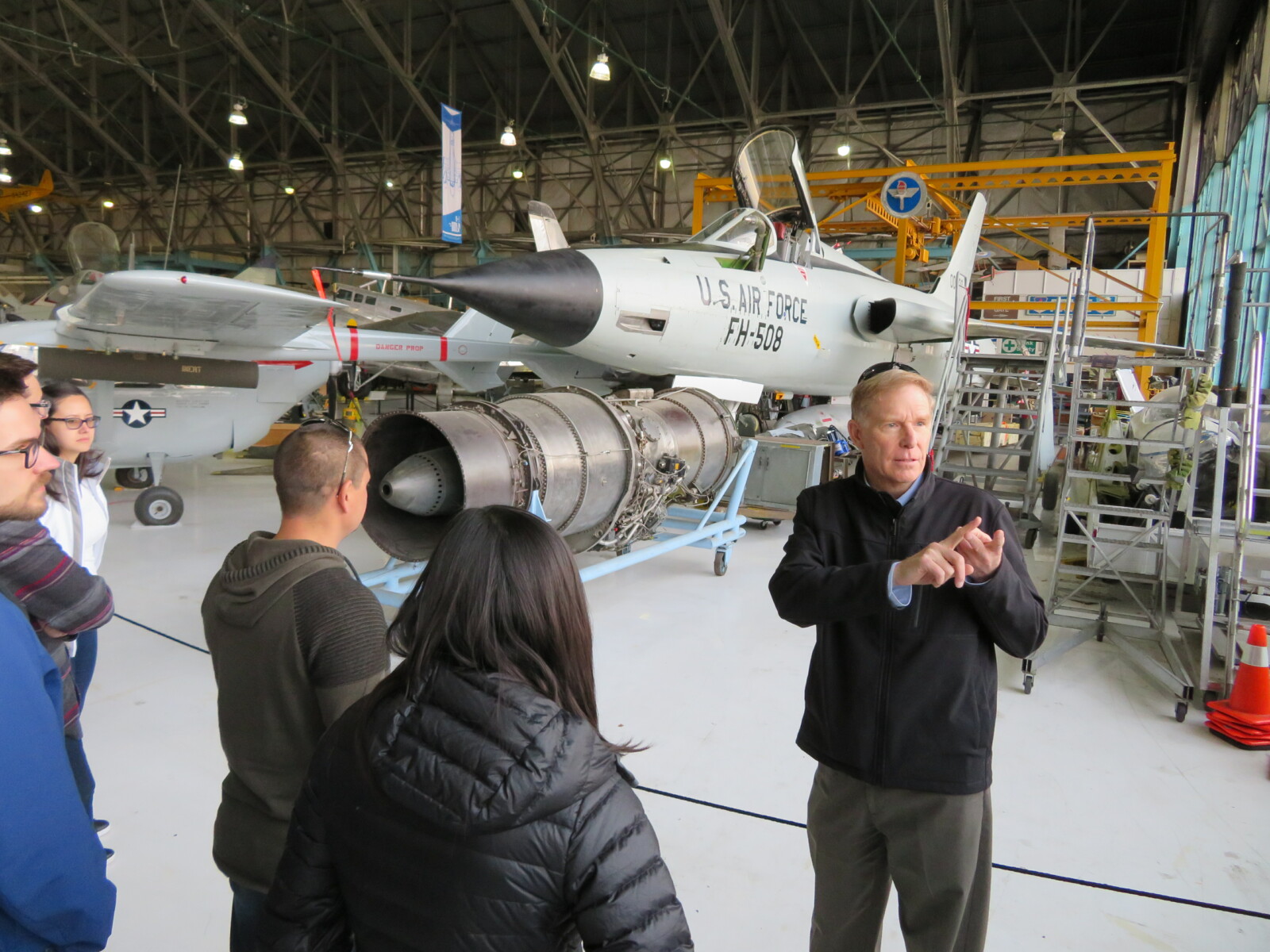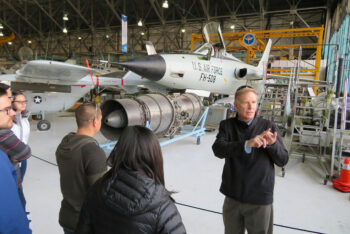nEW IN 2026
Aircraft-Engine System Analyses for Senior Engineers: A Series of Case Studies
practical, relevant aeronautics classes
To Motivate, Inspire and Develop the Aviation Workforce of Today and Tomorrow
About us
Professional workforce development short courses
Started and owned by USAF veterans, PAI provides unrivaled big picture, systems-level workforce development/continuing education short courses in aeronautics, jet engines, and aircraft systems/operations to increase confidence, boost motivation, and improve communication.

working with us
why choose Practical Aero?

Practical Aero Courses
More than ever, today’s aircraft are complex systems requiring skilled professionals to combine their specific expertise into a fully integrated vehicle. The professionals who engineer, test, manufacture, and in any way support these aircraft are accomplished specialists, but often lack an overall understanding of the airplane system as a whole. Fundamental understanding of the airplane-engine system gives you improved ability to communicate more effectively and frame thinking beyond your area of expertise.
how we help
Our Team

Who We Are
We are a team of dynamic, engaging instructors with professionally recognized expertise as pilots, test pilots, test navigators/combat systems operators and engineers, highly experienced with military and civilian aircraft/engines! Courses are team-taught by award winning educators, typically an aviator and PhD engineer.
what we Teach
Our Courses
Our Aeronautics, Aircraft Systems/Operations and Aircraft-Engine/Gas Turbine Engine Short Courses.

Introductory Courses
Our introductory classes are suitable for everyone with an interest, such as program managers, engineers, contract managers, financial analysts, technicians, supply chain managers, or interns. You don’t need to be an aeronautical engineer or have a degree and you can be completely new to aviation. Even those with years in the field have benefited from the practical perspective we bring to each topic.

Advanced Courses
Our advanced classes are for engineers/scientists and those with a technical background, any discipline. Like all PAI courses, focus is on foundational understanding of the underlying governing principles and does include mathematical explanations.

Which Course is right for you?
Anyone looking for a “big picture” understanding of aeronautics, aircraft systems, aircraft operations, and/or gas turbine propulsion and mechanical systems should attend our introductory courses.
Our advanced classes are designed for those with a technical background desiring a broader understanding of aircraft-engine systems design, analysis, controls and health monitoring.
our Students
testimonials
Daniel Tonnesen
Dan Nyagol
James Braun
Branch Manager
Intro to Aeronautics Attendee
Stay in Touch
Contact Information
Email Us
jwissler@practicalaero.com
address
P. O. Box 461434
Aurora, CO 80046-1434
Call Us
(719) 659-7319
What’s Special about Practical Aero Courses?
Unique Content Design, Systems Focus,
Unique Teaching Style, Building Block Approach

